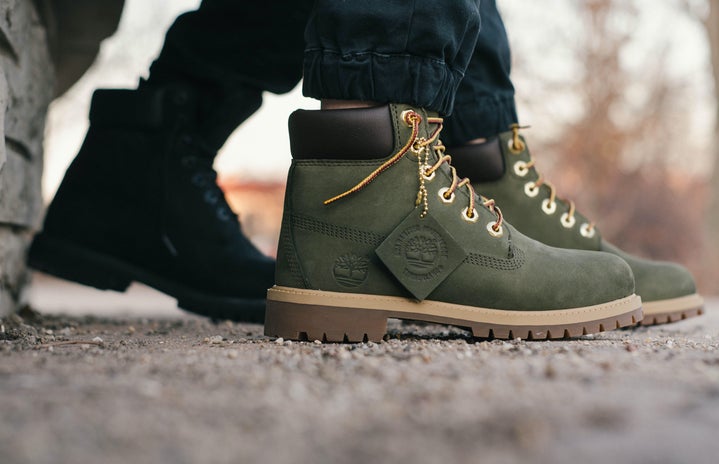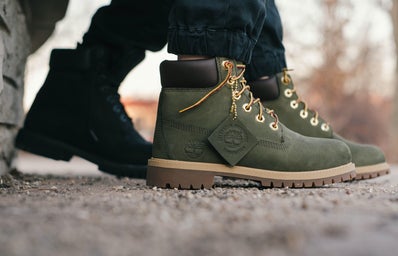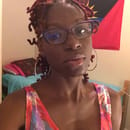So, you’re in college. Maybe you’re a freshman, maybe a junior, or maybe you’re on the home stretch. Whether you’re about to begin your journey or have been embarking on it for some time, you should know that there are four key relationships that you need to have as a part of your college experience. And no, I’m not referring to your girlfriends or your boo across campus. I’m talking about making the right connections and building a network while studying. Those connections are crucial to your future career and can help determine the caliber of student you’re going to be while in college. Yes, academics are important, but forgetting other aspects of a university experience will make it very pointless. To help you make it worthwhile, I’m going to give you some of the tips I’ve picked up for making the right connections in school!
The first relationship you’ll likely make is with your advisors. There are several types of advisors on a college campus, whether they’re helping you to enroll or figure out what classes you’re going to take. In my case, I’m an international student so the very first people that I encountered when enrolling in Savannah State were our International Education Coordinators. These women have been amazing in providing guidelines for what I should and should not do and helping me to get involved in the campus community. There are also your academic advisors, which every single student should stick close to. At Savannah State, seeing your academic advisor once a semester is mandatory because they have the registration pin for the next semester’s classes. Aside from that, you should speak to them about possible opportunities for your major and what the right moves are. My advisor recommended and gave me connections for a program that put into perspective what I could do beyond Savannah State and that advice encouraged me to maintain an A average. Your conversations with your advisor can have a positive effect on your college experience.
Relationship number two is a must, and the only reason it comes second in this list is because they’re the second set of people you’ll meet at college: your professors. Student-professor relations are important because your lecturers are the ones grading your assignments and giving that letter grade that goes on your transcript. Go beyond just sitting in your usual seat for every class and visit them during their office hours; you’ll see the benefits in the long run. Imagine if you only showed up for the scheduled time, marked the attendance sheet and left. If by the end of the semester you somehow fell short of your desired grade and you needed it rounded up, the professor will be less inclined to help you because there was a lack of effort up until that point. You will also need recommendation letters at some point, and what are they going to write if they don’t know you?! A trying student is better than one who shows no effort at all. I have even developed relationships with professors that I can turn to for a listening ear and a word of advice, like many other students. Don’t be afraid to approach them if you need to, but don’t forget the respect.
Having a good mentor is another relationship that can build your network. A mentor is someone in your field that you admire and can learn from. They give advice that can make your journey easier and help you to avoid mistakes that they made. They’ll also help you build up a list of additional experts in your discipline, so think of them as a wiser older sibling that knows all the ins and outs. At a women’s conference I attended on my campus last spring, one of the main pieces of advice given by the female professionals was to Keep. In. Touch. A complaint was that many young persons reach out seeking a mentor, but fail to upkeep that relationship, and it is the mentee’s job to do that. Here’s an article by Jeff Goins that gives even more ideas on picking a mentor: https://goinswriter.com/find-mentor/.
The final suggestion I have is to join clubs and organizations. Here, you’ll form relationships with other members and build up your social skills as you contribute to your college community. The interactions you have could open doors because you’ll be involved in community service and learn from the faculty advisors for these clubs. Sure, join clubs that appeal to your hobbies or side hustle but make sure you become a member of at least one academic or personal development organization. Not to mention they’ll spruce up your resume!
I hope this article helped you guys and that you’ll use some of these tips. Don’t be afraid to scout out and apply additional methods too. See you around campus!


